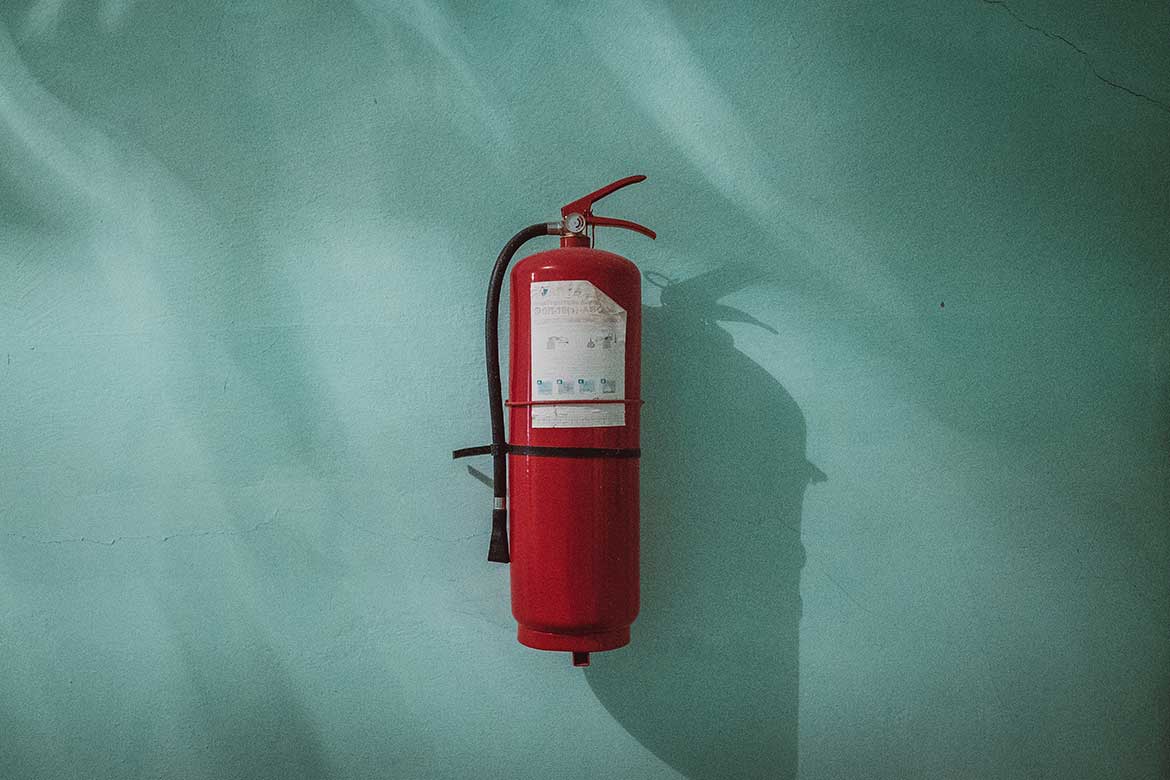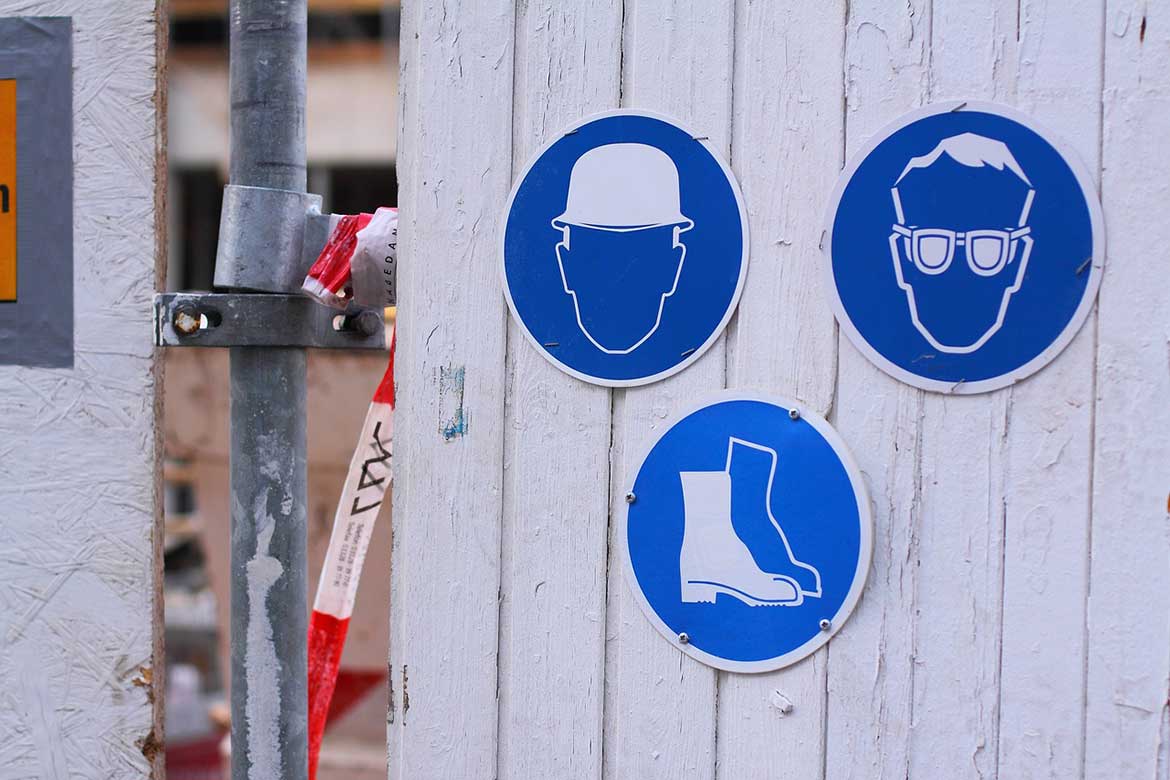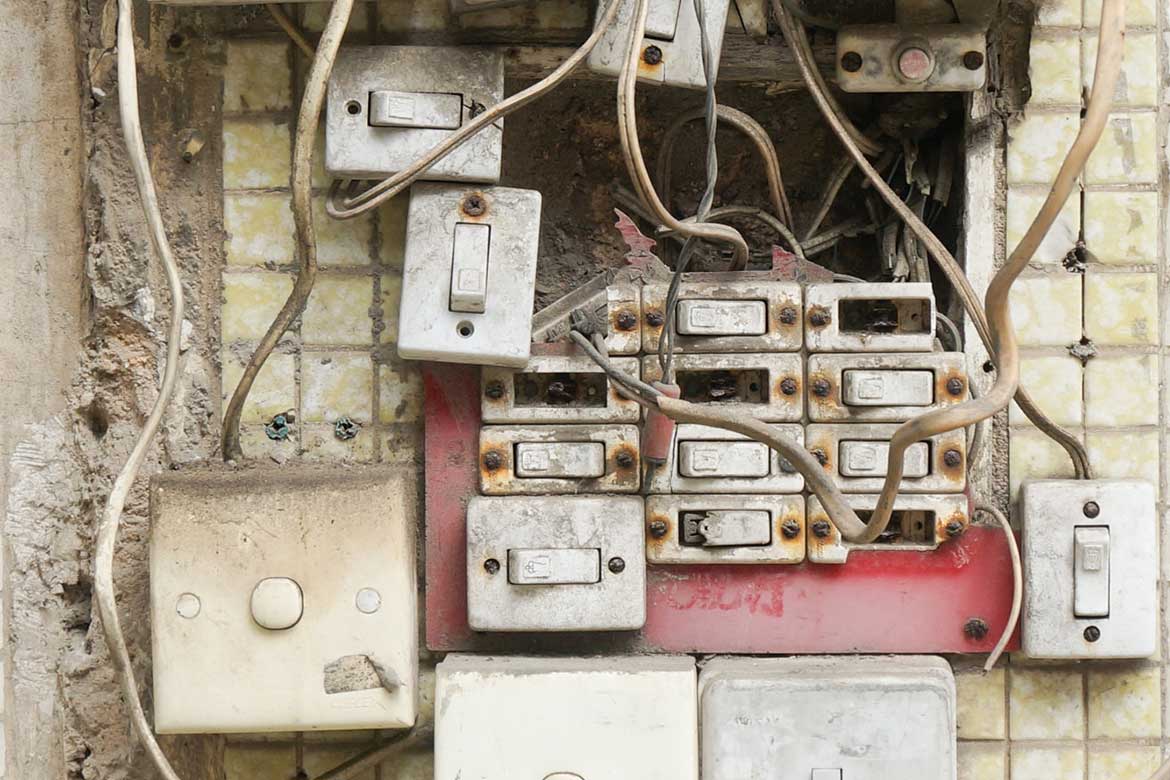Blog
Health and safety best practice, guides and updates.
25th July, 2024 - Paperwork
10 Tips For Writing A Method Statement
Method statements tell you how to complete activities safely. But while method statements are important, they can also be difficult documents to write. Where should you start? In this blog post, we give you 10 tips for writing a method statement.
Read Post23rd July, 2024 - Paperwork
What Information Should A Method Statement Include?
A method statement should include all the important information your team must know to get the job done safely. Here are 15 items your method statement needs, with an explanation for what you should include in each section.
Read Post17th July, 2024 - Management
Can Health And Safety SAVE You Money?
Health and safety has a cost. Buying safety equipment, training, and ongoing maintenance and management. But you also get a return on that investment, with reduced risks, reduced costs, a better reputation and increased productivity. Let's see how health and safety can save your business money.
Read Post11th July, 2024 - Management
60 Examples Of LOLER Equipment
LOLER applies to both lifting equipment and lifting accessories used at work. But what is lifting equipment? In this blog post, we'll look at what equipment is covered by LOLER with 60 examples.
Read Post9th July, 2024 - Management
How Often Should LOLER Equipment Be Inspected?
Lifting equipment should be inspected regularly, as required under LOLER. These inspections are needed on initial use or installation, periodically every six or twelve months depending on the type of equipment, and after exceptional circumstances.
Read Post3rd July, 2024 - Fire
How Often Fire Extinguishers Need Checks, Services And Inspections
Fire extinguishers are an important part of your fire protection measures. While having them in place is a great start, they need to be maintained. Fire extinguishers must be checked, serviced and inspected regularly to keep them ready for action.
Read Post27th June, 2024 - CDM
CDM 2015 For Only One Contractor
If your construction project has only one contractor, you'll still need to comply with the CDM regulations, but the rules are slightly different. There are changes to the duties of the client, the contractor, and any designers. Here's how CDM applies to a single-contractor project.
Read Post25th June, 2024 - Construction
CSCS Cards, The Law, And Working On Construction Sites
If you work in construction, you've probably heard of CSCS. You might have a CSCS card. As an employer, you might want your workers to get CSCS cards, or wondering if they should. As a worker, you may also be wondering if you need a CSCS card. So let's take a look at the law surrounding CSCS cards.
Read Post19th June, 2024 - Asbestos
What Happens To Your Lungs When You Breathe Asbestos
Asbestos is mostly a health risk to your lungs. Breathing in deadly asbestos can cause permanent damage to the inner cells and the outer lining of your lungs and chest wall. How does it get in? And what happens to your lungs when you are exposed? Let's take a look.
Read Post13th June, 2024 - Construction
20 Tips For Better Construction Site Security
Site security is an important issue in construction. Your site could be at risk from thieves and vandals, but it could also appear to be an exciting place for children or a shortcut for someone's way home. Here are 20 tips for better construction site security.
Read Post11th June, 2024 - Fire
50 Potential Fire Hazards In The Workplace
Fire hazards in your workplace are anything that may create a fire, and you need to identify them in your fire risk assessment. In this blog post, we will look at the three types of fire hazards you might find in your workplace, including ignition, fuel, and oxygen fire hazards.
Read Post5th June, 2024 - Toolbox Talks
Are Toolbox Talks A Legal Requirement?
Toolbox talks are often used as part of a good health and safety management system to refresh, renew and provide health and safety information. But beyond being good practice, are toolbox talks a legal requirement?
Read Post- ← Previous
- 1 (current)
- Next →











